Understanding Veterans Real Experiences with Ibogaine Treatment in Mexico
Are you or a loved one struggling with addiction? Have traditional treatments felt like a revolving door, offering little lasting relief? If you're searching for a different approach, you might have heard about Ibogaine treatment in Mexico.
This powerful substance, derived from an African plant, has gained attention for its potential to interrupt addiction, particularly to opioids. Mexico has become a major destination for this therapy because Ibogaine is largely unregulated there, unlike in the United States where it's illegal.
But what exactly is Ibogaine? How does it work? Is it safe? And what should you expect if you consider treatment in Mexico? This guide will walk you through everything you need to know, exploring both the potential promise and the serious risks involved in Ibogaine treatment in Mexico. Let's explore if this path could be right for you.
What Exactly is Ibogaine?
Ibogaine isn't a lab-created drug. It’s a naturally occurring psychoactive compound found primarily in the root bark of the Tabernanthe iboga shrub, which grows in Central and West Africa.
For centuries, indigenous communities, particularly those practicing the Bwiti religion, have used iboga root bark in rituals and ceremonies. In smaller amounts, it acts as a stimulant, helping to fight fatigue and hunger.
However, in the larger doses used for therapeutic purposes, Ibogaine induces a powerful, prolonged psychoactive experience. It's known for its hallucinogenic and dissociative properties, often described as creating a unique dream-like state while the person remains awake. It comes from nature, but its effects are profound and complex.
How Does Ibogaine Therapy Work for Addiction?
While scientists are still mapping out the exact mechanisms, Ibogaine appears to work on the brain in several unique ways, unlike most conventional addiction treatments.
It interacts with multiple neurotransmitter systems simultaneously. Think of it like hitting a reset button on brain pathways heavily impacted by substance dependence. Key areas include:
-
Opioid Receptors: Ibogaine and its metabolite, noribogaine, interact with opioid receptors. This interaction is believed to dramatically reduce, or even eliminate, the severe withdrawal symptoms associated with stopping opioids like heroin, fentanyl, or prescription painkillers.
-
Serotonin and Dopamine Systems: These systems regulate mood and reward. Addiction often hijacks them. Ibogaine influences these pathways, potentially helping to rebalance mood and significantly reduce drug cravings long after the acute effects wear off. Noribogaine, which stays in the body longer, might be key to these lasting anti-craving effects.
-
NMDA Receptors: Interaction here might contribute to Ibogaine's dissociative and introspective effects.
-
Neuroplasticity: Some researchers believe Ibogaine promotes neuroplasticity – the brain's ability to reorganize itself by forming new neural connections. This could help "rewire" patterns of thinking and behavior associated with addiction.
Essentially, Ibogaine is thought to offer a two-pronged approach: interrupting the physical dependence (withdrawal, cravings) and facilitating deep psychological insight into the root causes of addiction.
Understanding Veterans' Motivations for Ibogaine Treatment in Mexico
Veterans seeking Ibogaine therapy in Mexico often do so as a last resort, driven by a profound desire for a transformative and unconventional solution to their struggles with addiction and PTSD. Examining the motivations behind their choice provides insights into the perceived benefits of this unique therapeutic approach.
Navigating Expectations and Hopes
Veterans embarking on Ibogaine treatment carry with them a mixture of hopes and expectations. Understanding how these individuals navigate the anticipation of profound personal change while recognizing the uncertainties surrounding Ibogaine's efficacy contributes to a nuanced perspective on their experiences.
Challenges Faced During Ibogaine Therapy
Real-life experiences of veterans undergoing Ibogaine treatment reveal a spectrum of challenges. From the physical and psychological intensity of the therapy to potential setbacks in the recovery journey, exploring these challenges provides a candid view of the complexities associated with Ibogaine treatment.
Experienced Ibogaine Therapy Doctors in Mexico
|
Ibogaine Therapy Doctors in Mexico |
|
Positive Transformations and Breakthroughs
Despite the challenges, many veterans report positive transformations and breakthroughs during and after Ibogaine therapy. These first-hand accounts shed light on the potential benefits of the treatment, offering glimpses into the profound impact it can have on the mental and emotional well-being of individuals who have served in the military.
Integration into Post-Treatment Life
An essential aspect of veterans' experiences with Ibogaine treatment lies in their ability to integrate the insights gained into their post-treatment lives. Understanding how individuals navigate the post-therapy period and sustain positive changes provides valuable perspectives on the long-term impact of Ibogaine treatment.
Top Addiction Treatment Clinics in Mexico
|
Ibogaine Treatment Centers in Mexico |
|
Cautions and Considerations Shared by Veterans
Real-life experiences also include cautions and considerations shared by veterans who have undergone Ibogaine treatment. Exploring their insights into potential pitfalls, unmet expectations, and the need for ongoing support offers a more holistic understanding of the nuanced realities associated with this unconventional therapeutic approach.
The Role of Peer Support in the Ibogaine Community
Veterans engaging in Ibogaine treatment often find solace and support within a community of peers who share similar experiences. Exploring the importance of peer support in the Ibogaine community provides a deeper understanding of the communal aspects that contribute to the overall treatment experience for veterans in Mexico.
Why is Ibogaine Treatment Popular in Mexico?
The main reason Mexico has become a hub for Ibogaine treatment is simple: legality and accessibility.
In the United States, Ibogaine has been classified as a Schedule I controlled substance since 1970. This designation means it's considered to have a high potential for abuse and no accepted medical use, making clinical treatment and even research extremely difficult to conduct legally.
Mexico, however, does not have the same strict regulations specifically targeting Ibogaine. This difference allows clinics and treatment centers to operate legally south of the border, offering Ibogaine therapy primarily to international clients, especially Americans, who cannot access it in their home country. This has led to the growth of numerous facilities offering Ibogaine treatment in Mexico.
What Conditions Can Ibogaine Treatment Potentially Help?
Ibogaine is most widely known and sought after for its potential to treat Substance Use Disorders (SUDs). Its most remarkable reported effects are related to:
-
Opioid Addiction: This includes dependence on heroin, fentanyl, oxycodone, morphine, methadone, and buprenorphine (Suboxone). Many anecdotal reports and some observational studies suggest Ibogaine can dramatically reduce or eliminate acute opioid withdrawal symptoms and cravings, acting as an "addiction interrupter."
-
Other Addictions: While evidence is more limited, clinics also offer Ibogaine for dependencies on alcohol, stimulants (cocaine, methamphetamine), and other substances. The goal is often similar: reducing cravings and addressing underlying psychological factors.
Beyond addiction, there's growing interest and preliminary research into Ibogaine's potential for Mental Health Conditions:
-
PTSD, Depression, and Anxiety: Some studies, particularly involving military veterans with histories of trauma and TBI, have shown significant self-reported reductions in symptoms of PTSD, depression, and anxiety following Ibogaine treatment (often administered with magnesium to mitigate heart risks).
-
Traumatic Brain Injury (TBI): Early research suggests potential benefits for neuropsychiatric symptoms associated with TBI.
It's important to note that much of the evidence is anecdotal or comes from observational or open-label studies. More rigorous, controlled clinical trials are needed to fully understand Ibogaine's effectiveness and safety for these conditions. Often, individuals seek Ibogaine when conventional treatments have proven insufficient.
Exploring the Potential Benefits of Ibogaine Therapy
Despite the limited large-scale research, the reported benefits are compelling for those struggling with persistent addiction or mental health issues:
-
Rapid Detoxification: Perhaps the most cited benefit is the potential for a swift and significant reduction in withdrawal symptoms, especially from opioids. Many report waking up after the main experience largely free from the acute physical agony of withdrawal.
-
Reduced Cravings: Ibogaine's interaction with brain chemistry, potentially involving its long-lasting metabolite noribogaine, may lead to a sustained decrease in drug cravings for weeks, months, or even longer for some individuals.
-
Deep Psychological Insight: The introspective nature of the experience can allow individuals to confront deeply buried traumas, understand the root causes of their addictive behaviors, and gain profound new perspectives on their lives and relationships. This can be a powerful catalyst for psychological healing.
-
Shift in Perspective: Many users report a fundamental shift in their outlook on life, a reduced fear of death, increased self-acceptance, and sometimes a heightened sense of spirituality or connection.
-
Interrupting Addictive Cycles: By addressing both the physical and psychological aspects simultaneously, Ibogaine may offer a unique opportunity to break free from entrenched patterns of addiction.
-
Alternative Option: For individuals who haven't found success with traditional rehabs, MAT, or therapy, Ibogaine presents a radically different approach that may offer hope.
These potential benefits highlight why many are willing to travel and undertake the challenges associated with Ibogaine treatment.
Understanding the Risks and Safety Concerns of Ibogaine
This cannot be overstated: Ibogaine treatment carries significant and potentially life-threatening risks. It is not a substance to be taken lightly or without extensive medical precautions. Key risks include:
-
Serious Cardiovascular Issues: This is the most critical concern. Ibogaine can affect the heart's electrical activity, causing bradycardia (slowed heart rate) and prolonging the QT interval. This increases the risk of dangerous, potentially fatal cardiac arrhythmias like Torsades de Pointes. Numerous deaths (over 30 reported globally) have been linked to Ibogaine ingestion, often due to cardiac events. Individuals with pre-existing heart conditions, electrolyte imbalances, or those taking certain medications are at extremely high risk.
-
Intense and Distressing Psychological Effects: While potentially therapeutic, the hallucinations and altered state of consciousness can be overwhelming, frightening, or trigger anxiety, panic, or temporary psychosis in susceptible individuals.
-
Physical Side Effects: Nausea, vomiting, tremors, and ataxia (loss of muscle coordination) are common during the acute phase and can lead to dehydration or risk of falls if not managed.
-
Seizures: Though less common, seizures have been reported.
-
Drug Interactions: Ibogaine can interact dangerously with other substances, including opioids (risk increases if used concurrently), stimulants, alcohol, SSRI antidepressants, and medications affecting the heart or liver enzymes (CYP2D6 inhibitors).
-
Lack of Standardization and Oversight: Dosages, protocols, and quality of medical supervision can vary drastically between providers, especially in unregulated environments. Taking Ibogaine outside of a qualified medical setting significantly increases the danger.
-
Potential Neurotoxicity: While high doses caused cerebellar damage in some early rat studies, evidence of neurotoxicity in humans at therapeutic doses is limited and debated. However, the possibility hasn't been entirely ruled out.
Thorough medical screening (especially cardiac evaluation with EKG) and continuous medical monitoring by trained professionals during treatment are absolutely essential to mitigate these risks. Anyone considering Ibogaine must undergo a comprehensive health assessment beforehand.
What Happens During Ibogaine Treatment in a Mexican Clinic?
Choosing a reputable provider is crucial. While protocols vary, a medically sound Ibogaine treatment process in Mexico generally involves these steps:
-
Comprehensive Pre-Screening: Before acceptance, you'll undergo rigorous evaluation. This includes detailed medical history, psychological assessment, blood tests (liver function, electrolytes, etc.), and crucially, an Electrocardiogram (EKG or ECG) to check your heart's rhythm and QT interval. Individuals with certain heart conditions or on interacting medications will likely be excluded for safety reasons.
-
Arrival and Preparation: Once at the center, you'll have time to acclimate. This period involves rest, hydration, nutritional support, and often psychological counseling or therapy sessions to discuss intentions, fears, and expectations for the treatment. Some centers may administer a small test dose.
-
Medically Supervised Administration: Usually on day 2, 3, or 4, Ibogaine is administered orally (typically in capsule form). The dosage is calculated based on factors like body weight, substance use history, and medical condition. This must occur under direct medical supervision.
-
Continuous Monitoring: Throughout the acute phase (the first 12-36 hours), you must be monitored continuously by trained medical staff (nurses, EMTs, doctors). This involves tracking vital signs: heart rate and rhythm (continuous EKG), blood pressure, and oxygen saturation. Emergency medical equipment (like defibrillators and resuscitation drugs) and protocols must be readily available.
-
Navigating the Experience: Staff provide support during the intense phases, ensuring physical safety (helping with movement if needed, managing nausea) and offering reassurance during psychologically challenging moments. Most of the visionary phase is spent lying down quietly.
-
Recovery and Integration: After the most intense effects subside, the focus shifts to rest, rehydration, and nutrition. Crucially, integration therapy begins – sessions with therapists or counselors to help process the complex experience, understand the insights gained, and translate them into lasting change.
-
Aftercare Planning: Before leaving, a reputable center will help develop an aftercare plan. This might involve continued therapy, support groups, lifestyle changes, and relapse prevention strategies.
-
Holistic Support: Many centers complement Ibogaine with holistic therapies like massage, yoga, meditation, breathwork, or nutritional counseling to support overall well-being during the stay, which typically lasts from 5 to 21 days.
Frequently Asked Questions about Ibogaine Treatment in Mexico
Is Ibogaine treatment safe in Mexico?
Ibogaine treatment carries inherent, serious risks, especially to the heart. Safety in Mexico depends entirely on the chosen clinic's medical standards. Reputable centers with experienced medical staff, thorough cardiac screening (EKG), continuous monitoring during treatment, and emergency protocols can significantly mitigate risks. However, dangers exist, particularly in poorly equipped or unsupervised settings. It is not inherently safe; diligence in selecting a provider is paramount.
How much does Ibogaine treatment cost in Mexico?
Costs typically range from $5,000 to $23,000 USD, but can vary widely. Factors include the clinic's medical oversight level, program length (usually 5-21 days), amenities (basic vs. luxury), individual vs. group therapy, and included holistic treatments. Get a detailed cost breakdown beforehand. Health insurance generally does not cover this treatment.
Does Ibogaine cure addiction?
Ibogaine is often called an "addiction interrupter," not a cure. It can powerfully disrupt physical dependence (especially opioid withdrawal/cravings) and provide profound psychological insights that catalyze change. However, it does not erase the underlying factors that led to addiction. Lasting recovery requires significant personal work, integration of the experience, lifestyle changes, and ongoing support (therapy, support groups) after treatment.
How long does the Ibogaine treatment process take?
The acute psychoactive effects of Ibogaine typically last 12-36 hours, with residual effects potentially lasting up to 72 hours or more. However, a clinical stay in Mexico usually ranges from 5 to 12 days, and sometimes up to 21 days. This allows for pre-treatment screening, preparation, the treatment itself, recovery, initial integration therapy, and aftercare planning before departure.
What does the Ibogaine experience feel like?
It's often described as an intense, dream-like state while awake, primarily experienced lying down with eyes closed. It can involve vivid visual recall of past memories ("slideshow"), symbolic imagery, and deep introspection. Physically, nausea, dizziness, and buzzing sounds are common. Emotionally, it can range from insightful and liberating to challenging and uncomfortable, sometimes involving confronting difficult truths or fears. It's very different from recreational psychedelics.
Is Ibogaine legal in Mexico?
Yes, Ibogaine is not specifically prohibited or scheduled as an illegal drug under Mexican federal law, which allows clinics to legally administer it. This contrasts with the United States, where it is an illegal Schedule I substance. However, the clinics themselves should operate under general health and safety regulations.
Making an Informed Decision About Ibogaine in Mexico
Ibogaine treatment in Mexico presents a potential lifeline for individuals feeling trapped by addiction or debilitating mental health conditions, especially when other treatments have failed. Its reported ability to drastically reduce opioid withdrawal and cravings, combined with the potential for deep psychological healing, is undeniably compelling.
However, the allure of potential benefits must be weighed against very serious risks. The possibility of fatal cardiac complications is real and necessitates rigorous medical precautions that not all providers may offer. The intense psychological journey requires careful preparation and skilled integration support.
Choosing to pursue Ibogaine treatment is a major decision. It demands thorough research, honest self-assessment of the risks you're willing to take, and meticulous vetting of potential clinics. Prioritizing safety by ensuring robust medical screening, continuous monitoring, experienced staff, and emergency readiness is non-negotiable.
Because navigating the landscape of international treatment centers can be complex and finding a truly safe, reputable provider is crucial, seeking guidance from experienced medical tourism facilitators can be invaluable.
Book Appointment
Ready to explore carefully vetted options for Ibogaine treatment in Mexico? Contact PlacidWay today. Our team can help you understand the process, connect you with facilities that prioritize safety and medical standards, and support you in making an informed decision for your health journey.
Veterans Real Experiences with Ibogaine Treatment in Mexico
Keywords: Addiction Treatment in Mexico, Ibogaine Therapy in Mexico, PTSD Treatment in Mexico



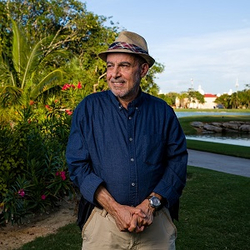
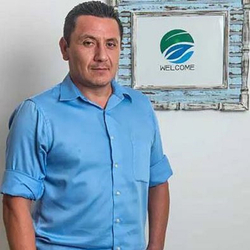
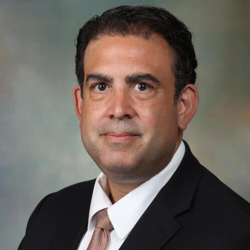
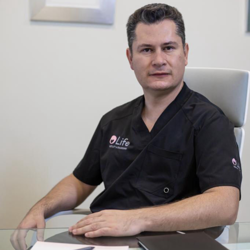


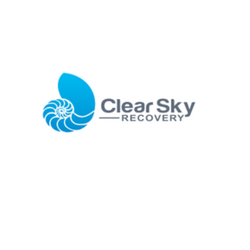
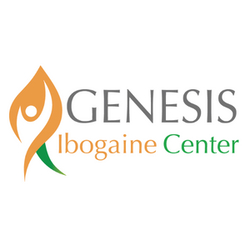




.png)
.png)
.png)
.png)


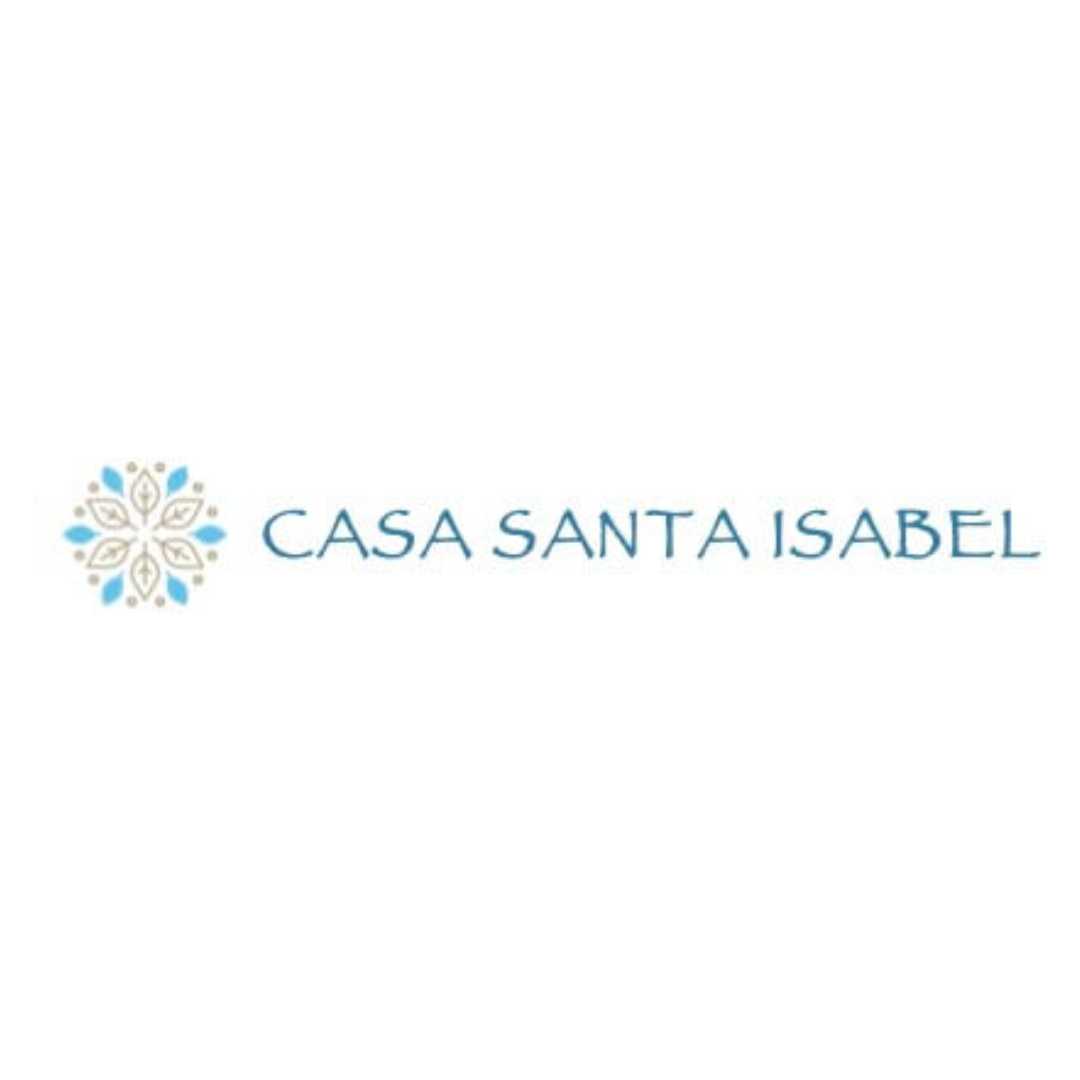
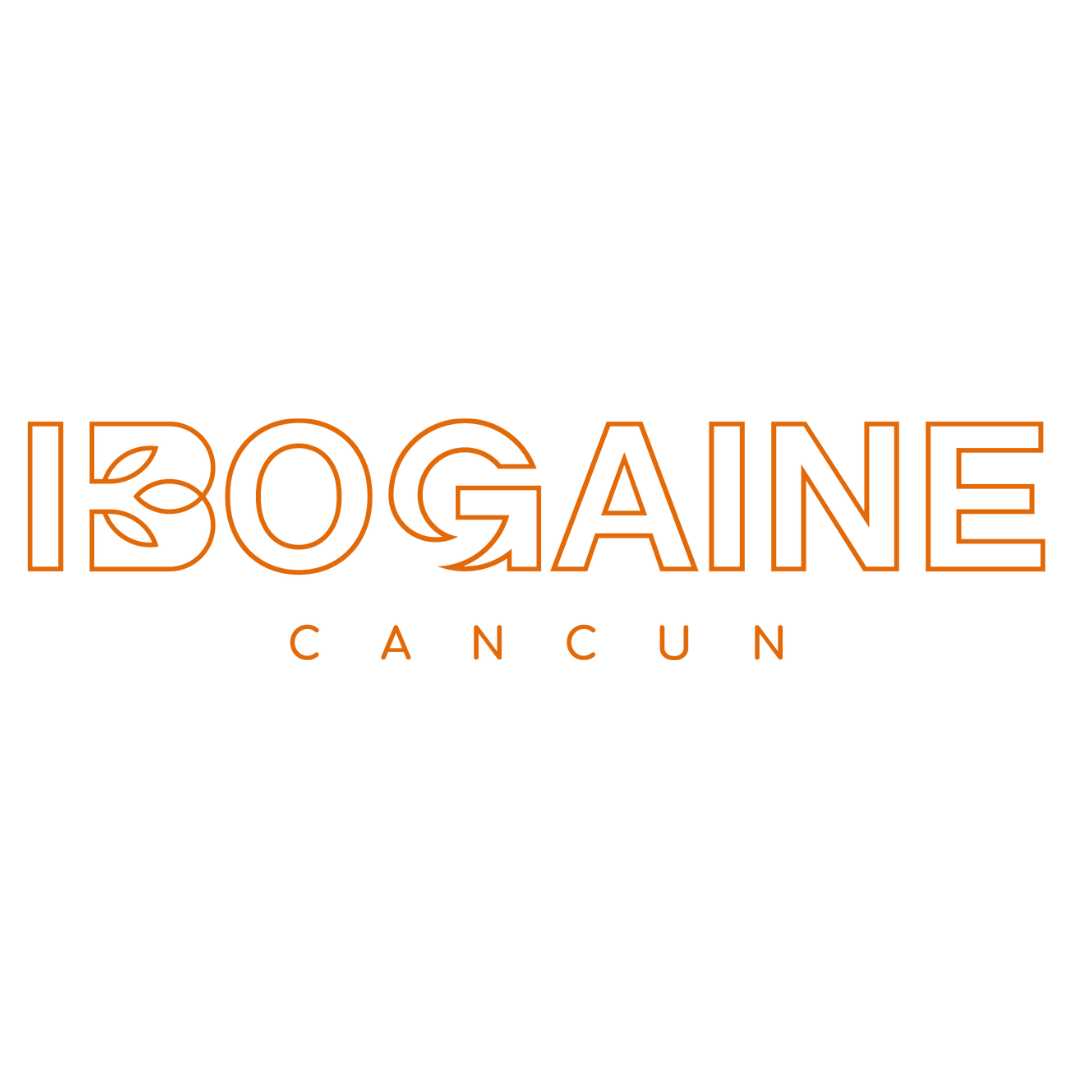
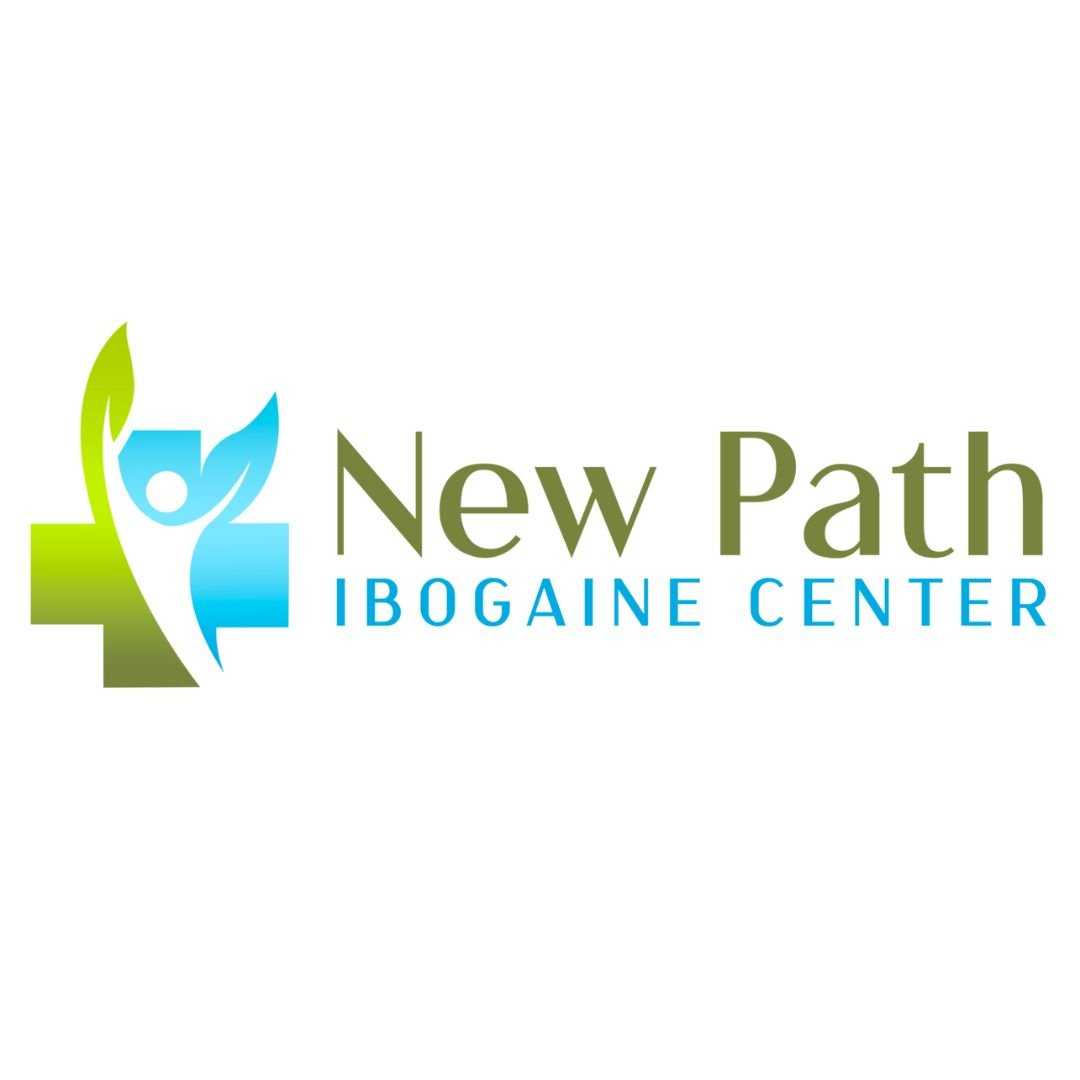

Share this listing